Dry Needling practiceWith the current demand we are all seeing a huge spike of healthcare providers and allied health therapists seeking Dry Needling as an added modality, but what actually is DN and who can practise it? Let's start by where it came from and give you the timeline of DN so that we have a rough idea of what's what by the end of the read. The needles that are used during dry needling sessions are called filiform needles. Today, the most commonly used needle is made from stainless steel. Very occasionally, silver or gold needles are used. They come in different sizes and the needles are flexible and very thin. The length can range from 1cm to l5cm. Diameter (thickness) can range from 0.25 mm to O.46 mm. They are the exact same needles that are used by Licensed Acupuncturists. Filiform needles are almost hairline in terms or the thickness (figure 1a). They are non medicated and are not hollow (like a sewing needle). The needles are a one- time use and are doweled. The handle of different filiform needles are as well something to consider, as we all would know this by now that we will need variety or choices to suit our individual style, feel and personal preference. Only after using the different types of handles will you have your own preference! Dry needling historically started with Dr Janett Travell and David Simons in the early 1940’s when it was first proposed. Physicians injected various substances which included corticosteroids, analgesics, saline, etc. into trigger points. Which is now considered "wet" needling to compare to dry needling as there was a form of liquid inserted into the area of trigger point. The latter which is termed "dry" needling is due to the type of needle which is widely used during dry needling by therapists (Figure 1.1) Dry needling courses or workshops are currently only offered to Licensed Healthcare Providers which may include Physiotherapists, MDs, Chiropractors, Occupational Therapists and others that has done a full time graduate degree in health sciences as this is considered an invasive modality and there is a chance of puncturing the organs (pneumothorax case) under the supervision of a poorly trained person who isn't trained enough in the anatomy region. The courses are usually offered anywhere from 2-7 days depending on the organisation and breakdown of the curriculum, whereas a licensed acupuncturist has a minimum of three years of supervised training. So the next course you hop down to, make sure you know how long the facilitator(s) has had in training hours, practical experience hours of application and so on. The difference between acupuncture and dry needling lies within the approach of treatment. Acupuncture:
Dry Needling:
There is a big debate now as to these weekend courses allowing practitioners to practice the next day after attending a DN workshop. These are two separate systems which for now are strikingly similar to the laymen, but both practitioners are approaching a treatment with totally separate training backgrounds and targeted systems (so to speak). Licensed acupuncturists around the world are against this idea of having trained during a weekend course and then practicing the next day on patients with little training. Most insurance companies do not cover dry needling as well as it is not yet seen as a regulated procedure. While there isn't a regulatory body in Singapore to say that DN is only reserved for certain healthcare professionals who are not LA (licensed acupuncturists), it is still within the scope of conduct of each healthcare provider to research viciously whether adding this modality is safe to practice and have enough training to not cause patients more harm than what they came for. As this is still a new and upcoming approach of treatment, we are sure that in the future, more regulations will be added to add more benefits to patients with chronic and maybe even acute phases of pain / injury.
|
Archives
March 2024
Categories
All
|
Services |
Company |
|
|
Integrated Training Institute
|
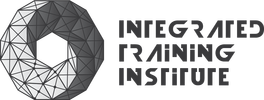
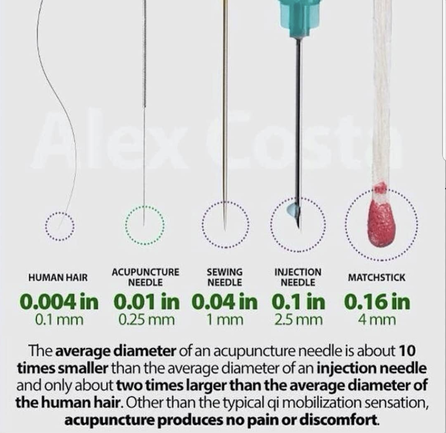
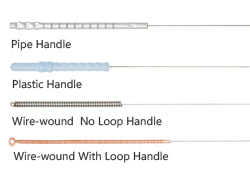
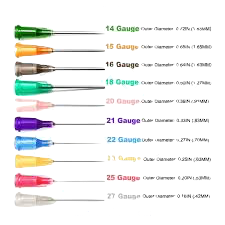
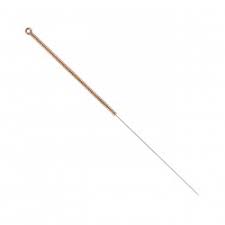
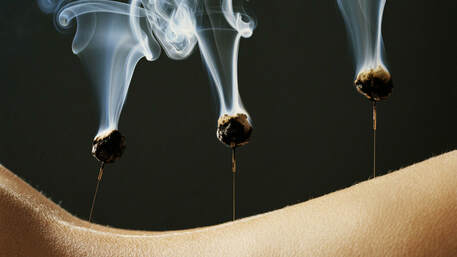
 RSS Feed
RSS Feed